Indian community looking for answers to DV in Indian homes
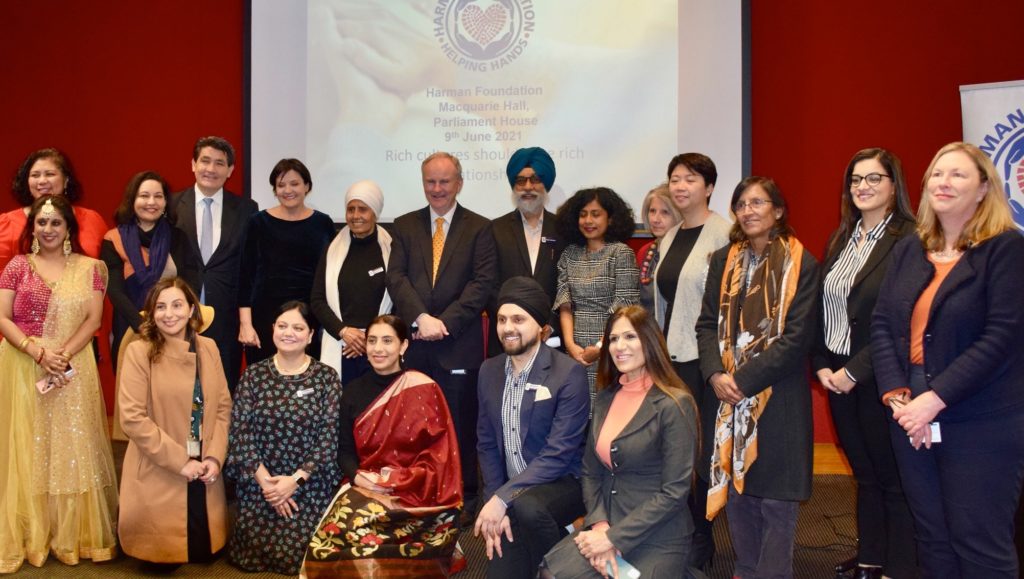
By Neena Badhwar
A Domestic and Family Violence Awareness Evening was organised together by Harman Foundation in partnership with Multicultural Health Services, Western Sydney (MHSWS) at NSW Parliament House on June 9, 2021.
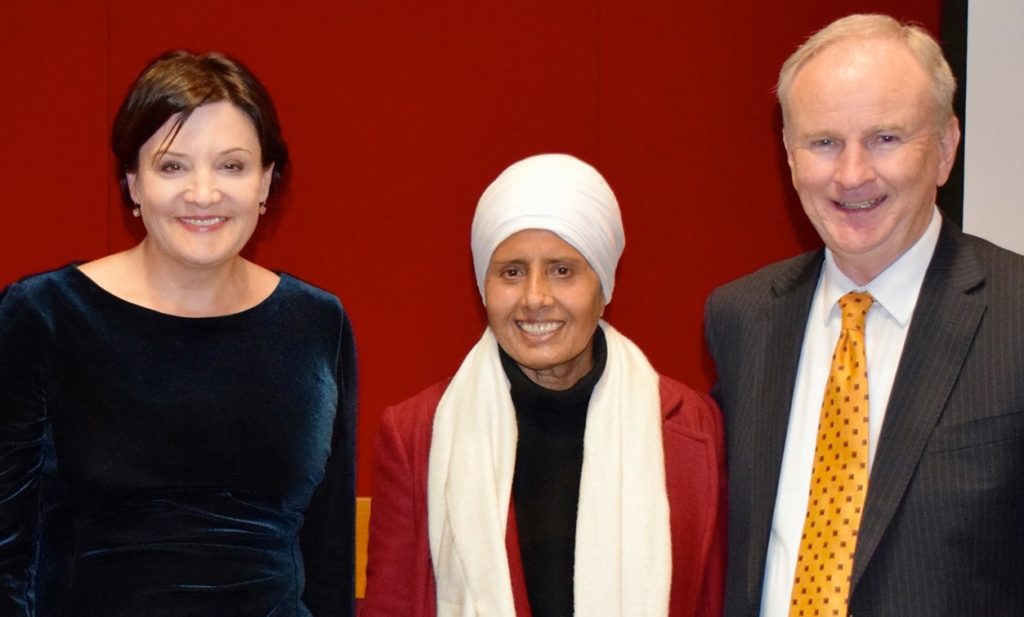
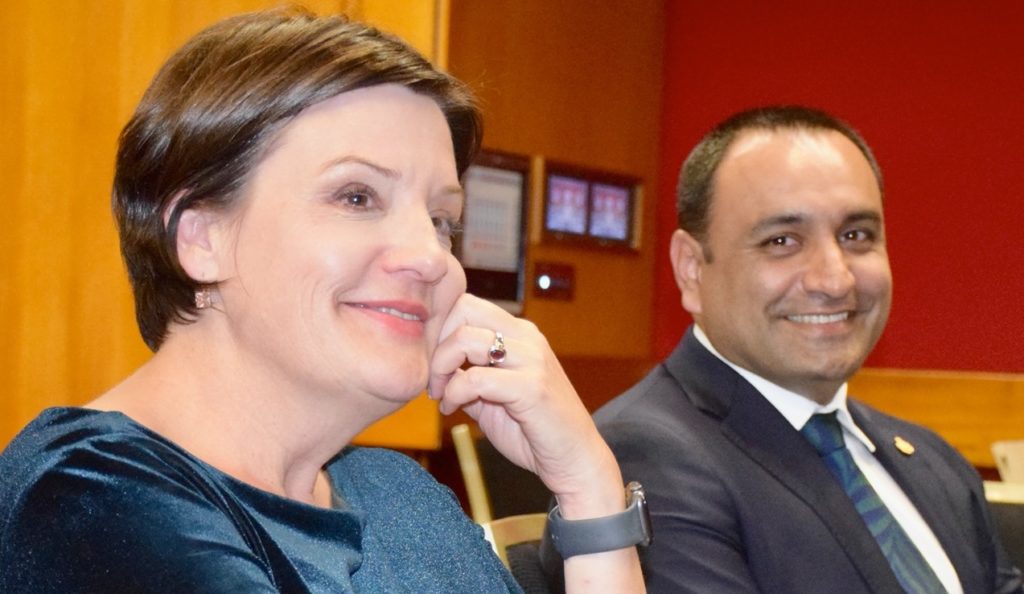

The evening was attended by Kevin Conolly MP, Member for Riverstone; Jodi McKay, Labor MP Strathfield; Gurumesh Singh, Liberal MP Woolgoolga; Dr.Geoff Lee MP Parramatta and Harman Foundation’s CEO Harinder Kaur and Chairman Maninder Singh along with community leaders and members.
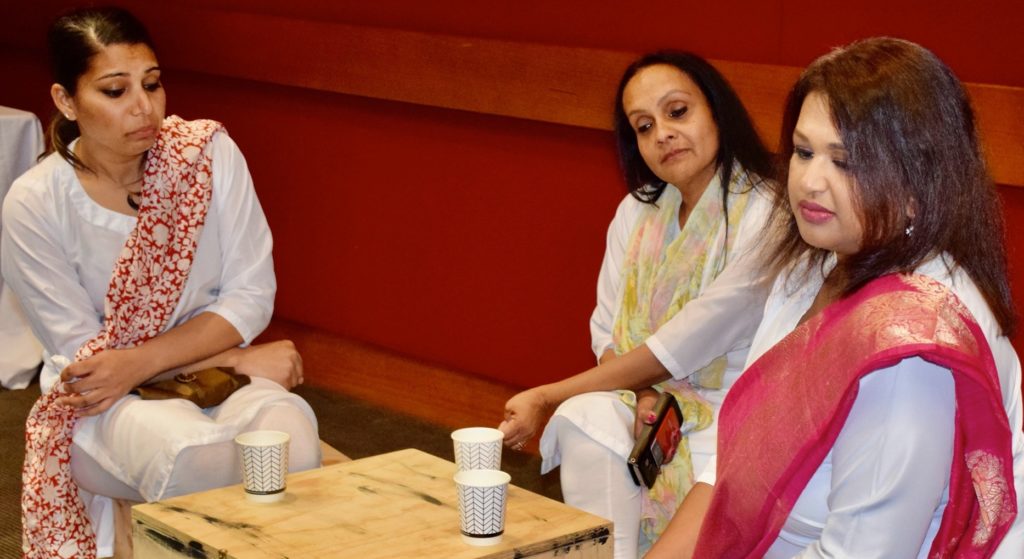
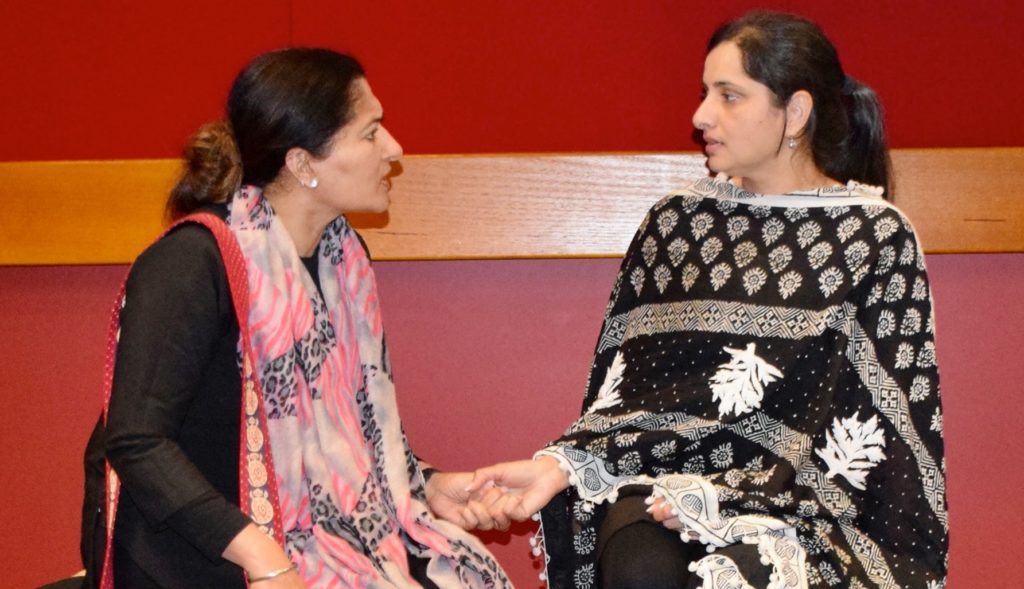
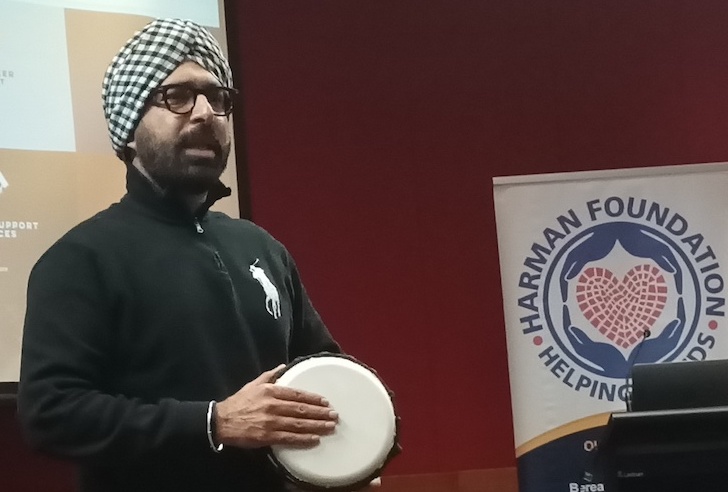
”˜Rich Cultures Have Rich Relationships’ is the message that the community initiative has tried to achieve by using two plays (”˜Love, Life And Hope’ By Neena Badhwar and ”˜Makdi’ by Sukhpreet Dhamoon) that were staged in front of the audience along with a dance by Shona Thapliyal on women empowerment through her performance as the ”˜Mahishasur Mardini’.
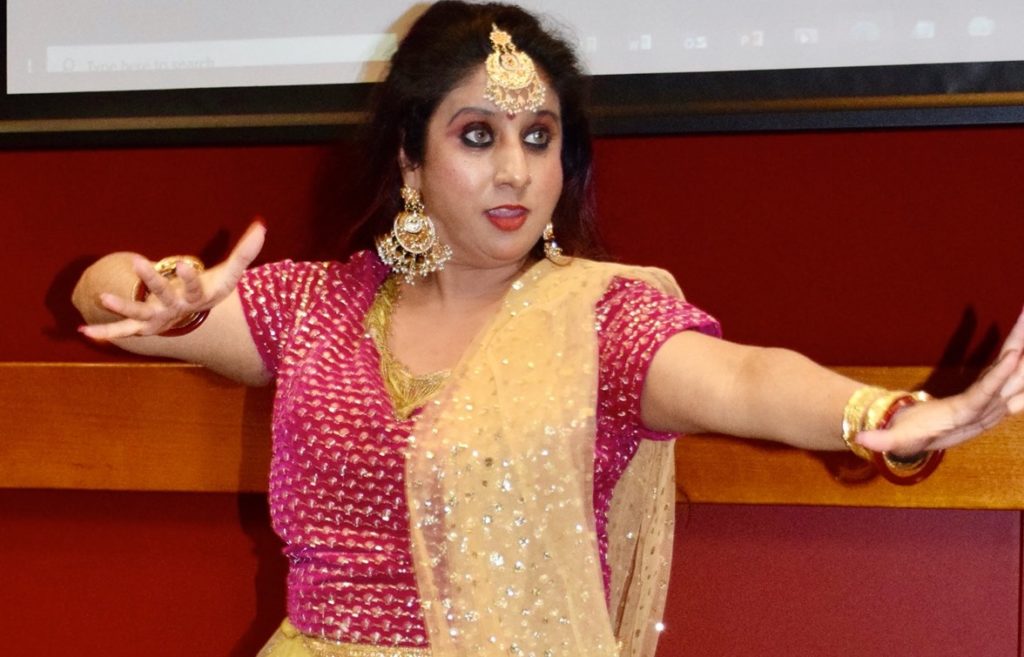
Unfortunately the powerful status imparted to the women in Indian culture does not translate very well as one in four women that are victims of domestic violence in Australia comprise a large number in the Indian community.
To look at the problem from within the community and by the community takes a lot of courage as Harman Foundation, a leading body that supports victims of DV, women as well as children from abusive homes, has worked closely with MHSWS and have helped stage the two plays around in the town at various venues five times by now since 2020 ”“ one is in English and the other in Punjabi. These plays are based on scripts that define the issue bang right in the viewer’s face.

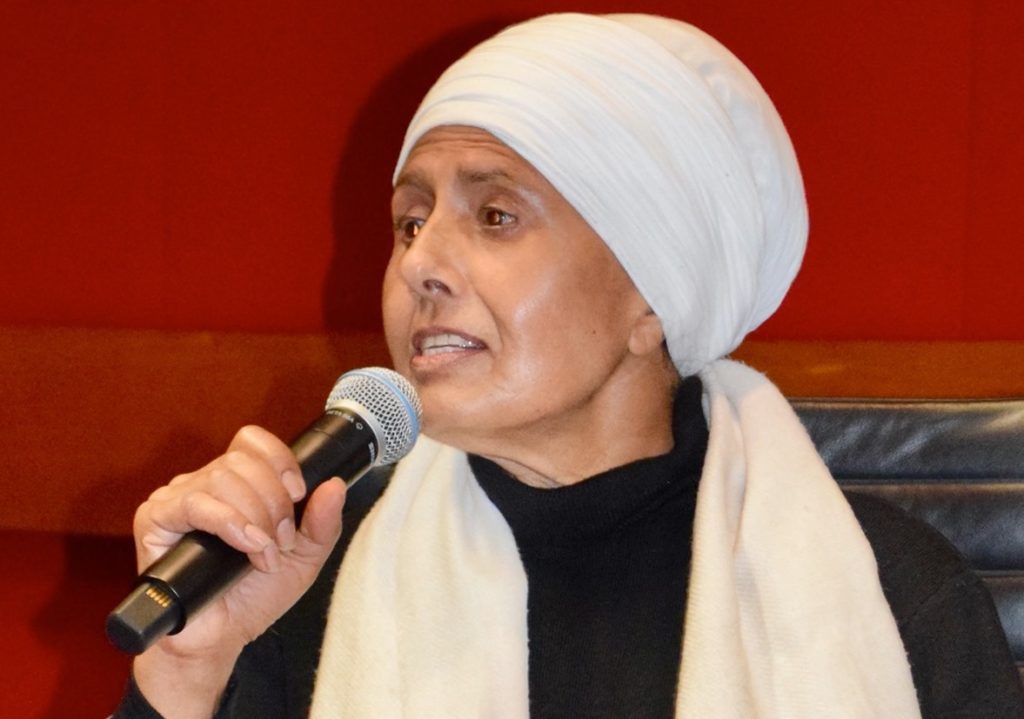
The evening also ran a panel discussion on DV, its impact on the victim with panelists that comprised of Harinder Kaur; Supereet Cheema, a psychologist; Simi Bajaj, a DV victim; Pallavi Sinha, a lawyer, and director of the plays Neel Banerjee. They discussed the stigma attached to DV, Coercive Control coupled with abuse, emotional as well as physical, at times carried out by the man at a subtle level. Pallavi Sinha on the night who represented Fiona Martin MP talked about the record Federal Government funding on DV to the order of $600 million, recent proposed reforms to NSW legislation and espoused how we can help stop DV and domestic abuses, both as individuals, and as a society. Simi Bajaj, a victim of DV, related her heart wrenching story of abuse she received at the hands of her husband though she said she a highly educated IT specialist, didn’t realise that her strength had become the reason that contributed to the toxic relationship she endured for 12 years. She obviously took courage and got out when she could take it no longer and said she has in fact helped many women caught in similar situation. The panel discussion was conducted by Manu and Aman Singh.
Harinder talked about Harman Foundation (HF) which has over 200 volunteers made up of trained counsellors, psychologists, psychiatrists, doctors, social workers and sponsors who have supported its tireless work through 24/7 Helpline, Counselling, providing crisis support to women and children as well as providing accommodation for the needy having established safe houses called ’Her House’. She said DV is a chronic disease as women need a lot of nurturing and support, “Pity that we survive with very little government funding. Our community needs culturally sensitive services that look into the contributing factors such as Patriarchal culture that exists in our community and is quite complex to understand. Migrating to a different culture also does not help.”
All the panelists agreed on one basic yet an important point that ”˜prevention is better than the cure’ and the only way was to talk about the issue thus ”˜Help build homes that nurture’ and women to realise and take home the message ”˜I know I am loved’.
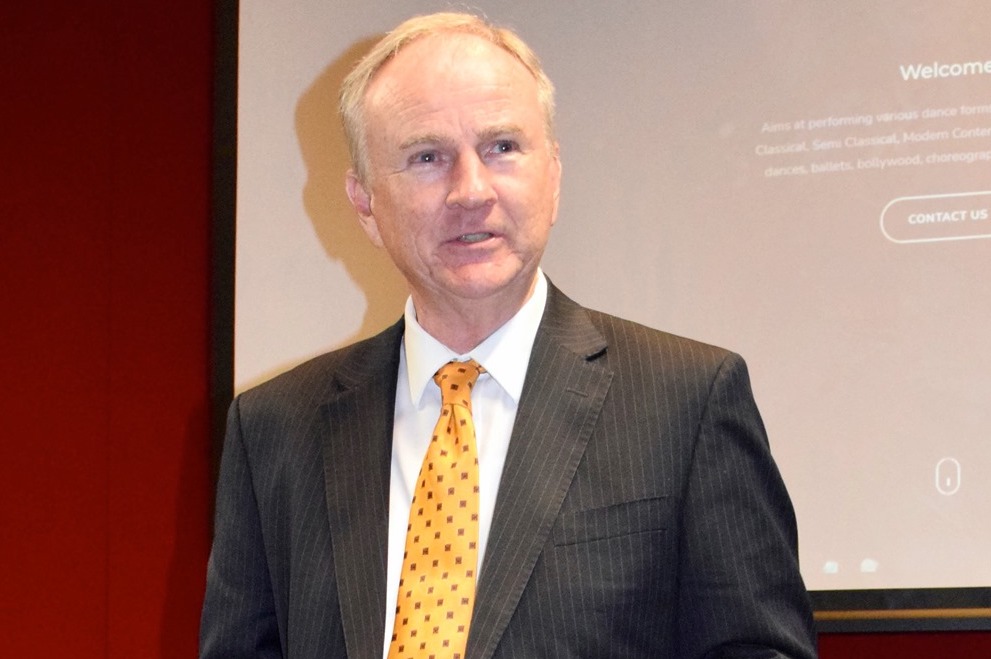
Kevin Conolly, MP mentioned that he just recently as the father had walked his daughter on the isle when she got married, “Kids in broken homes don’t have great example or have a great start to themselves. While the boys from broken homes need to learn good skills to have respectful relationships, girls themselves don’t learn positive images in those homes to be good wives. They have to relearn how to be strong wives and the boys to be good husbands. It’s a hard task.”
He felt that the men who try to control, “It seems to me that those men exercise power and control, as they feel so powerless and out of control in a lot of other ways. They haven’t learnt or having been given the opportunity to be in control of their lives generally. We have to help those men find better ways of being men.”
Pics. Harmohan Walia and Neena Badhwar
Short URL: https://indiandownunder.com.au/?p=16560
